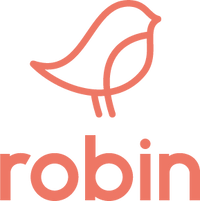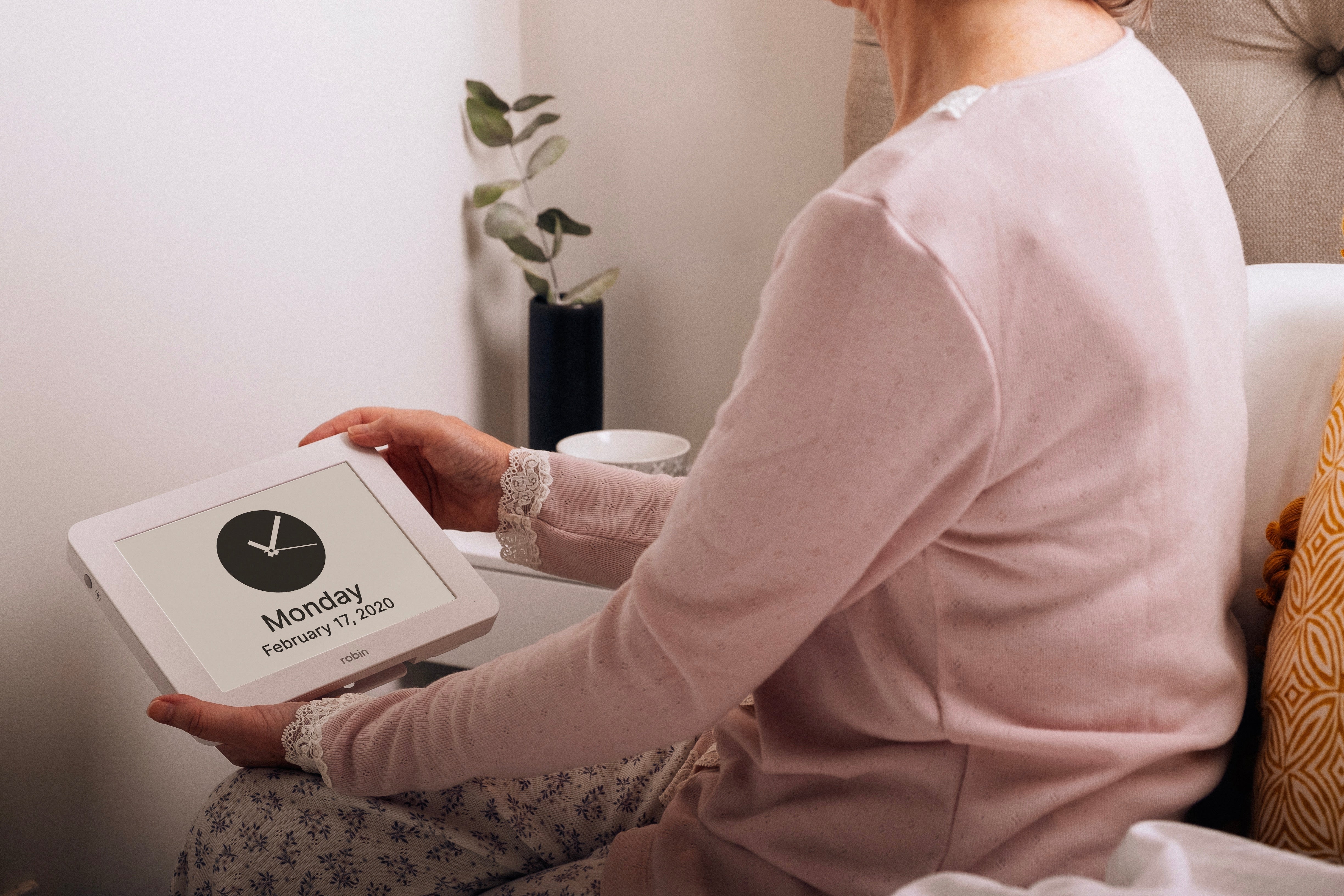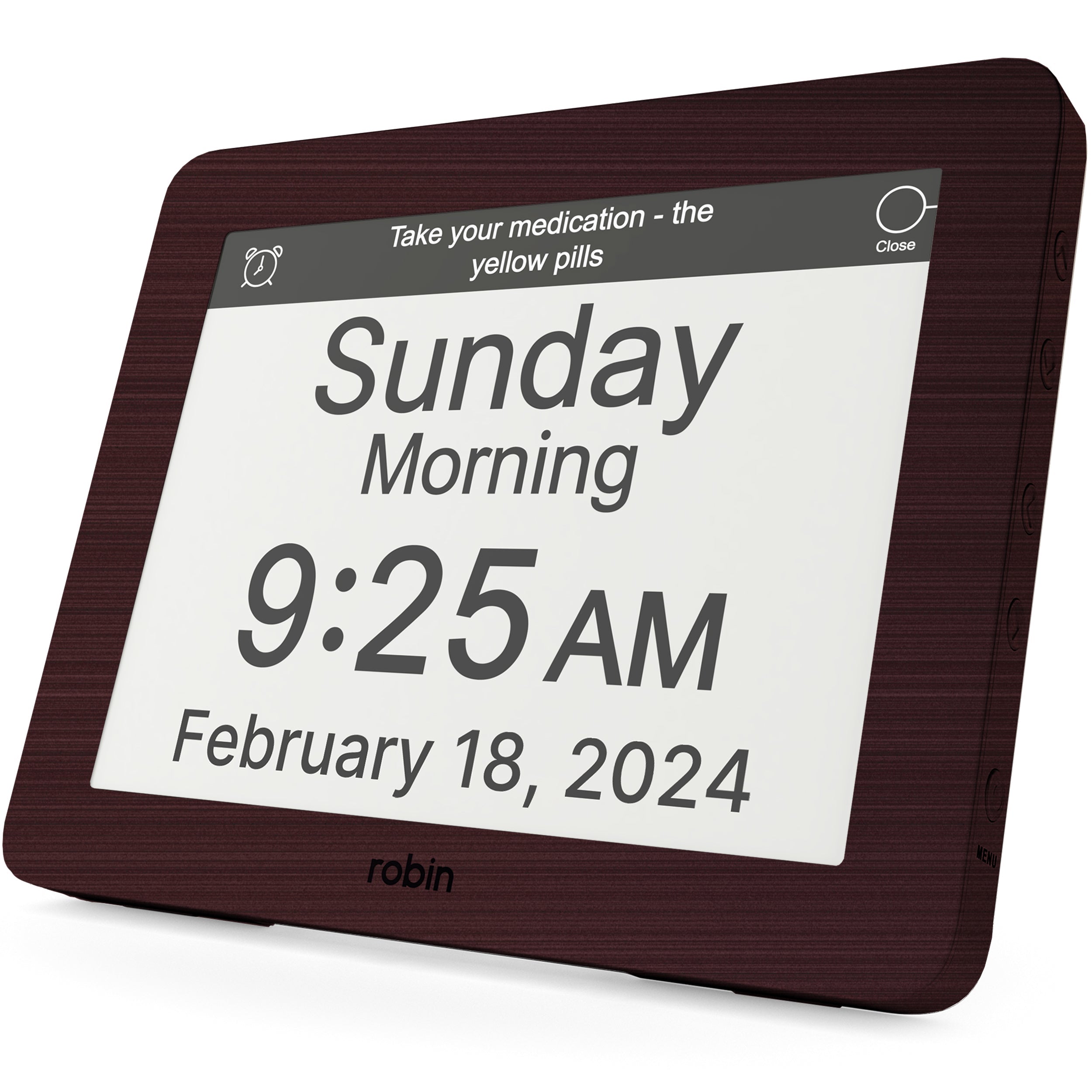Dementia is a broad term for a decline in cognitive abilities that interferes with daily life. It's not a normal part of aging, and it can be a frightening prospect for ourselves and our loved ones.
If you're worried that you or someone you know might be developing dementia, it's important to be aware of the symptoms and seek professional help for diagnosis. Early diagnosis can make a big difference in managing the condition and improving quality of life.
Common Symptoms of Dementia
The symptoms of dementia can vary depending on the underlying cause, but some of the most common include:
- Memory loss: This is often the first symptom that people notice. It can start with forgetfulness of everyday things, such as misplaced keys or appointments, and progress to more serious memory problems.
- Difficulty concentrating: People with dementia may find it hard to focus on tasks or conversations, and they may easily become lost in their thoughts.
- Problems with language: Dementia can affect a person's ability to communicate. They may have difficulty finding words, or they may use the wrong words.
- Disorientation: People with dementia may become confused about their surroundings, the time of day, or even who they are.
- Poor judgment: Dementia can impair a person's ability to make sound decisions. They may make risky choices with money or put themselves in danger.
- Personality changes: Dementia can cause changes in a person's personality. They may become withdrawn, irritable, or aggressive.
These are just some of the most common symptoms of dementia. If you're concerned about yourself or someone you know, it's important to see a doctor for a diagnosis.
The Role of Assistive Devices in Diagnosis and Management
While there is no cure for dementia, there are treatments that can help manage the symptoms and slow the progression of the disease. Early diagnosis is essential for getting the most out of treatment.
In some cases, assistive devices can play a role in both diagnosis and management. For instance, the Robin Day clock is a digital clock specifically designed for seniors with dementia or cognitive impairments.
The clock features a large, high-definition display that shows the month, day, date, and time in a clear and easy-to-read format. It also has a talking feature that can announce the time and date, which can be helpful for people who have difficulty remembering information.
The Robin Day clock can be a valuable tool for people with dementia, as it can help them stay oriented to time and place. It can also provide a sense of comfort and security, as it can help them maintain a sense of routine.

Importance of Early Diagnosis
If you're noticing any of the symptoms of dementia in yourself or someone you love, it's important to see a doctor for a diagnosis. Early diagnosis can make a big difference in managing the condition and improving quality of life.
A doctor can perform a variety of tests to diagnose dementia, including a physical exam, a mental status exam, and brain imaging tests. There is no single test that can diagnose dementia, but a doctor can use a combination of tests to make a diagnosis.
Early diagnosis of dementia is important for several reasons. First, it allows treatment to begin as soon as possible. There is no cure for dementia, but there are treatments that can help manage the symptoms and slow the progression of the disease. Second, early diagnosis allows people with dementia to plan for the future. This may include making decisions about finances, living arrangements, and long-term care.
If you're concerned about dementia, please don't hesitate to see a doctor.
 Fast, Free Shipping on all orders
Fast, Free Shipping on all orders







